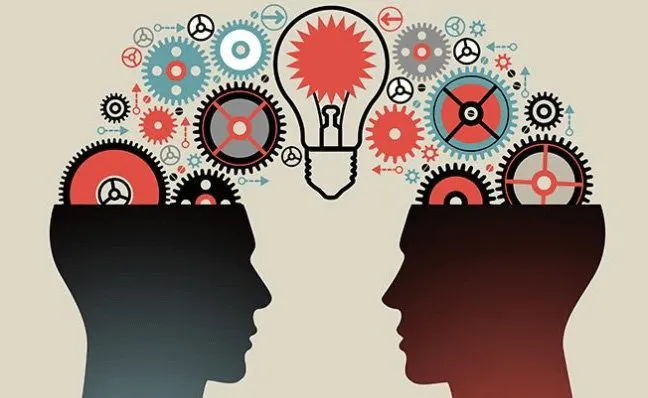We all have various degrees of knowledge. We are also ignorant of things; ignorant of things we can learn about, and much that is unavailable to even know about. What do we know about knowledge itself? How do we know what we know? What really constitutes knowledge? This is where epistemology comes in.

Source
Epistemology is the study or theory of knowledge, like other –ologies that study what they study. It’s looking into what knowledge is. The word comes from the Greek episteme and epistasthai “understand” or literally “over-stand”, from epi “over, near” + histasthai “to stand”. To know what you know, you have to understand how it is that you know it.
Knowledge conveys a true situation. To know about (or know of) something. Or to know that something is true. To know about/of something is a true situation of knowing about it, not that the something is true itself. These are two main types of knowledge: about and that.
True knowledge is what’s true and you can demonstrate it (i.e. the truth). This is knowing that something is true, which can be called level 2 knowledge. You can also know about or know of something, but not necessarily know that it is true or not. This can be called level 1 knowledge. It might be true, or might be false. False knowledge is knowledge that isn’t true, not that you know it isn’t true. For example, 2+2=5. People can accept false knowledge and believe it to be true. Knowing that something isn’t true, knowing that a false knowledge isn’t true, would be part of true knowledge. For example, if you know that 2+2=5 is false, then you know a truth about false knowledge being false and not think it’s true.
Knowledge can be true or false. You can know about something (level 1), and then you can know if that knowledge is true or false (level 2). Level 1 knowledge is to have an awareness of something. Level 2 knowledge is knowing if that awareness it true or false. You can know something happened, but can’t demonstrate or prove it to others. They would believe, trust and have faith and loyalty in your claim of truth, but couldn’t call it truth themselves since they don’t know if it’s true or not.
In knowing-how to do something, it’s true that you know how to do it if you can do it. It’s a form of knowing-that, not simply knowing about (knowing that I can do X). If someone else says they know how to do something, then you having knowledge-about them saying they can do something. If you see them doing that, then it demonstrates they know how to do it, and you now have knowledge that they can do it. You can also know how to do something theoretically, and practically. You can know how to do something from someone telling you how to do it, like in a book (how to cook something). But also knowing how to do it because you actually did it.
Knowledge about an idea or a belief is an awareness of something, real or unreal. This knowledge can be shared. Only when it’s verified and demonstrated as truth can be it referred to as a truth, or as knowledge that it’s true. In a world where a fork doesn’t exist (like at some point in the distant past), someone could know about the idea of a fork and then could be the first to create it into the world. To claim to have knowledge that a fork exists when it doesn’t and isn’t demonstrable, is a false claim. A belief in the fork existing isn’t a truth.